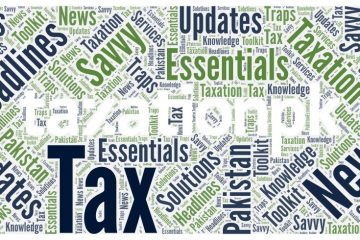Federal Board of Revenue (FBR) is evaluating proposals to strengthen tax collection and combat benami (anonymous) transactions for the upcoming 2024-25 budget.
Cracking Down on Benami Car Purchases:
- A cap on car ownership per taxpayer (proposed limit: 10 cars) is being considered to prevent non-filers from exploiting filers’ statuses for vehicle registration. This aims to curb benami transactions and tighten regulations in the auto sector.
Expanding Tax Reach Beyond Cars:
- Proposals extend to real estate and agriculture:
- Real estate tax: Unlocking an estimated Rs. 50 billion by taxing just 10% of the untaxed potential in this sector.
- Agriculture:
- Stricter enforcement of existing tax laws.
- Federal tax return with wealth reconciliation, even if taxes are paid provincially. This targets “whitening” of untaxed money in the sector.
- Increased focus on enforcing wealth statements, already a mandatory requirement.
Promoting Transparency and Compliance:
- Publicizing tax payments of prominent restaurants to ensure accurate income tax reporting and encourage compliance across sectors perceived to under-report earnings.
Preventing Registration Abuse:
- Disallowing deregistration from income tax within five years (except for death/bankruptcy) to stop individuals from registering solely for lower withholding tax rates and then evading future filings.
Enforcing Compliance Through Travel Restrictions:
- Blocking passports of tax registrants who fail to file returns for three consecutive years, pressuring them towards tax compliance.
A Broader Strategy for Fiscal Health:
These proposals represent a multi-pronged approach by the FBR to:
- Tighten tax regulations.
- Close loopholes for tax evasion.
- Increase tax collection efficiency.
- Broaden the tax net.
- Promote economic equity.
The proposals will be further reviewed and refined as budget finalization progresses, ensuring alignment with Pakistan’s economic needs.






